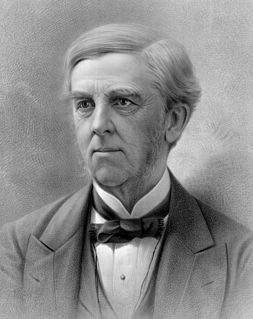A Quote by Edward Young
The chamber where the good man meets his fate Is privileg'd beyond the common walk Of virtuous life, quite in the verge of heaven.
Related Quotes
God, Who is by nature good and dispassionate, loves all men equally as His handiwork. But He glorifies the virtuous man because in his will he is united to God. At the same time, in His goodness he is merciful to the sinner and by chastising him in this life brings him back to the path of virtue. Similarly, a man of good and dispassionate judgment also loves all men equally. He loves the virtuous man because of his nature and the probity of his intention; and he loves the sinner, too, because of his nature and because in his compassion he pities him for foolishly stumbling in darkness.
Ideas are powerful things, requiring not a studious contemplation but an action, even if it is only an inner action. Their acquisition obligates each man in some way to change his life, even if it is only his inner life. They demand to be stood for. They dictate where a man must concentrate his vision. They determine his moral and intellectual priorities. They provide him with allies and make him enemies. In short, ideas impose an interest in their ultimate fate which goes far beyond the realm of the merely reasonable.
He gazed up at the blue sky and knew that heaven—at least in this life—was neither a time nor a place to be grasped and made into a possession. It came in fleeting moments and then went away again to leave one nostalgic and yearning and on the verge of tears. Very much on the verge of tears. And very frightened.





































